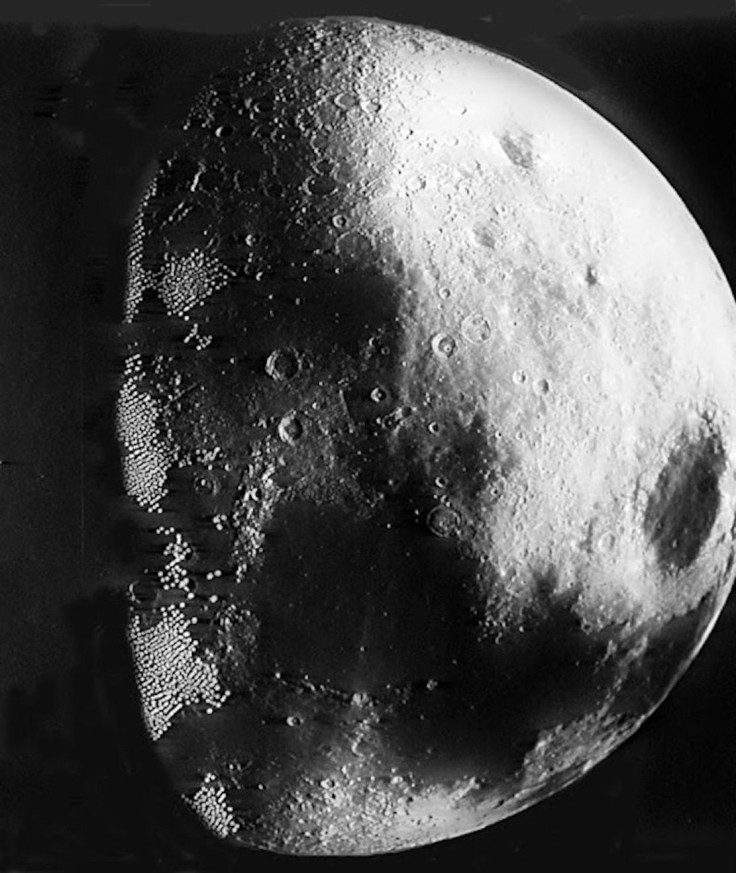Making Moon Habitable: UK Company Aims To Turn Moon Dust Into Oxygen
KEY POINTS
- The ESA is funding a U.K. company to "perfect" a process that turns moon dust into rocks
- On the moon, such a process could be vital for future space explorers
- Efforts from space agencies bring sustainable lunar exploration closer to fruition
Moon dust is known to be harmful to human lungs. But what if we told you that a U.K. company is aiming to turn moon dust into oxgygen? In fact, the said firm has just been awarded a contract by the European Space Agency (ESA) to further develop a process to extract oxygen from materials found on the moon's surface.
British company Metalysis has been awarded £250,000 (about $329,000) funding by the ESA for the further development of its key project, the company said in its Nov. 6 news release. Called "The Metalysis FFC Process for Extra-Terrestrial Oxygen Production from ISRU," the project is being cultivated as a means to extract oxygen from the dust and rocks on the surface of the moon, while also leaving behind a mixed-metal alloy that can then be used for construction.
The process, which was developed at the University of Cambridge, has already been proven to work on Earth. What the funding aims to do now is to help "perfect" the method in an extra-terrestrial environment, the company’s managing director, Ian Mellor, told CNN Business.
"We are really pleased Metalysis is involved in this exciting programme; taking an established earth-based technology and applying it to a lunar setting," Mellor said in the news release. "The fact that the process is capable of simultaneously producing both oxygen and metal powders is unique, offering potential solutions to two key areas of the ESA Space Resources Strategy."
The company is convinced that the means to extract oxygen from material on the moon is "vital for future exploration and habitation."
It is also believed that by producing essential resources like oxygen on site, the amount of material that has to be launched from the Earth can be greatly reduced. What's more, the oxygen derived from the process could be vital for rocket propellant that can be used for deeper space exploration.
"If you want to go further out into space, it's a gas station on the moon essentially, to get into deeper space," Mellor told The Guardian.
"In the future, if we want to travel extensively in space and set up bases on the Moon and Mars, then we will need to make or find the things required to support life — food, water and breathable air," Sue Horne, head of space exploration at the U.K. Space Agency, said in the Metalysis news release. "The involvement of Metalysis in a programme that aims to do just that, by producing oxygen on a lunar setting, will showcase the U.K.'s space credentials on the world-stage and help unlock breakthroughs that bring future space exploration a step closer."
Just recently, the ESA signed a historic agreement with NASA in connection to the planned human outpost in lunar orbit, the Gateway, which will allow for sustainable lunar exploration. The agency has also shown support for the "Moon Village" concept that aims to establish a permanent human presence on the moon.

© Copyright IBTimes 2025. All rights reserved.






















